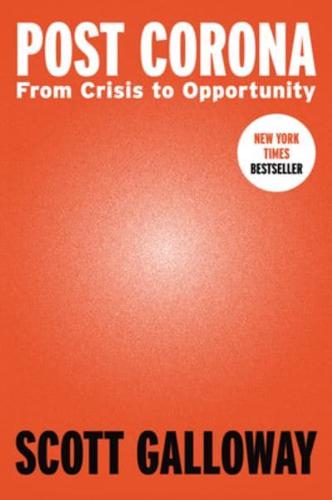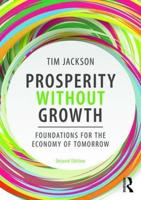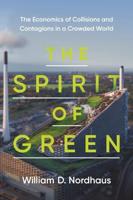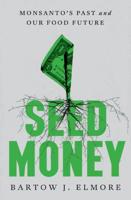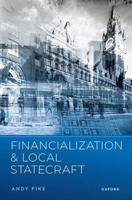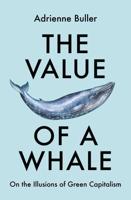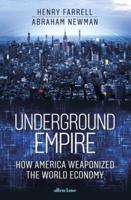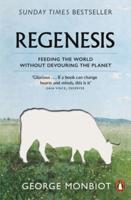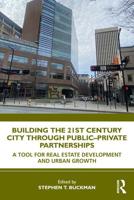Publisher's Synopsis
New York Times bestseller!
"Few are better positioned to illuminate the vagaries of this transformation than Galloway, a tech entrepreneur, author and professor at New York University's Stern School. In brisk prose and catchy illustrations, he vividly demonstrates how the largest technology companies turned the crisis of the pandemic into the market-share-grabbing opportunity of a lifetime." --The New York Times
"As good an analysis as you could wish to read." --The Financial Times
From bestselling author and NYU Business School professor Scott Galloway comes a keenly insightful, urgent analysis of who stands to win and who's at risk to lose in a post-pandemic world
The COVID-19 outbreak has turned bedrooms into offices, pitted young against old, and widened the gaps between rich and poor, red and blue, the mask wearers and the mask haters. Some businesses--like home exercise company Peloton, video conference software maker Zoom, and Amazon--woke up to find themselves crushed under an avalanche of consumer demand. Others--like the restaurant, travel, hospitality, and live entertainment industries--scrambled to escape obliteration.
But as New York Times bestselling author Scott Galloway argues, the pandemic has not been a change agent so much as an accelerant of trends already well underway. In Post Corona, he outlines the contours of the crisis and the opportunities that lie ahead. Some businesses, like the powerful tech monopolies, will thrive as a result of the disruption. Other industries, like higher education, will struggle to maintain a value proposition that no longer makes sense when we can't stand shoulder to shoulder. And the pandemic has accelerated deeper trends in government and society, exposing a widening gap between our vision of America as a land of opportunity, and the troubling realities of our declining wellbeing.
Combining his signature humor and brash style with sharp business insights and the occasional dose of righteous anger, Galloway offers both warning and hope in equal measure. As he writes, "Our commonwealth didn't just happen, it was shaped. We chose this path--no trend is permanent and can't be made worse or corrected."
